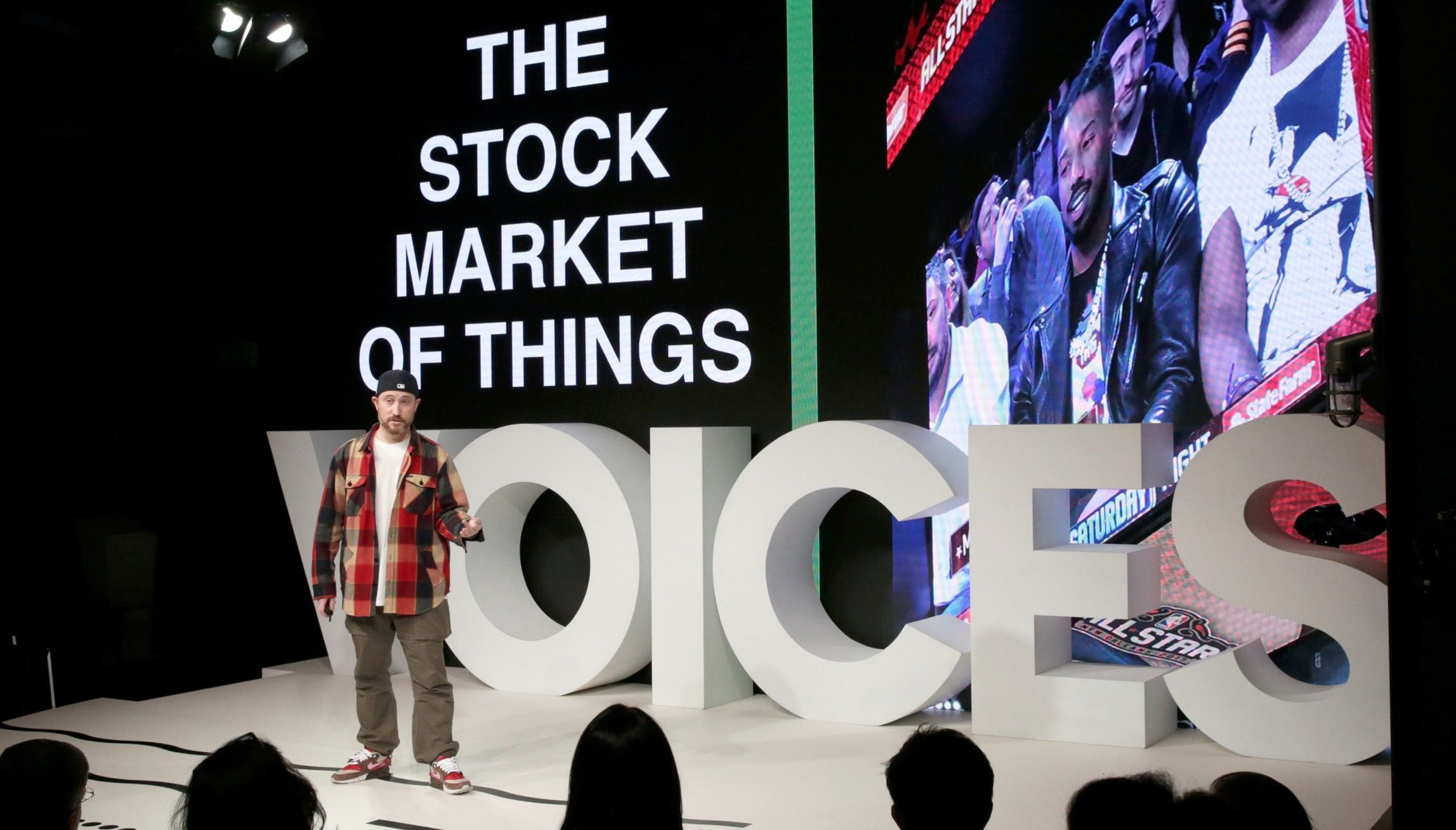
OXFORDSHIRE, United Kingdom — The brands that peddle them leverage scarcity as their business model, creating a disparity between demand and supply, said Josh Luber, the co-founder and chief executive of StockX, the “world’s first stock market of things,” while speaking at VOICES, BoF’s annual gathering for big thinkers in partnership with QIC Global Real Estate.
“It leads to sellouts at retail, it leads to extraordinary prices, it leads to secondary markets,” he said. “Because brands don’t participate in those secondary markets, it leads to authenticity issues and fragmentation.”
Enter StockX, the Detroit-based consumer goods online marketplace with a variable pricing model based on the same system used to buy and sell shares on the stock market.
The author has shared a YouTube video.You will need to accept and consent to the use of cookies and similar technologies by our third-party partners (including: YouTube, Instagram or Twitter), in order to view embedded content in this article and others you may visit in future.
Founded in 2016 by Luber and Cleveland Cavaliers owner Dan Gilbert, StockX now employs more than 500 people and raised $44 million in funding in September. The company makes money by taking a percentage of sale prices and expects to turns over $1 billion worth of sneakers and streetwear per year, tapping into the “hypebeast” resale market of brand new product that drives up the prices for limited release product from Nike and Supreme.
Unlike on marketplaces like Ebay and Grailed, transactions on StockX occur automatically when a buyer’s bid and a sellers asking price meet. In 2017, it expanded its product categories to include watches and handbags, which are authenticated by experts.
Retail price is antiquated.
StockX has major ambitions, starting with global expansion. In October, it officially launched in the United Kingdom, opening an office in London, and recently hired its first employee in Japan (and is planning to translate the site into Japanese). It is also exploring potential partnerships to enter China.
“There’s no difference in cultural trends, geographically,” Luber told BoF before his VOICES presentation. “What sells the best here is what sells the best [in other countries].”
StockX is also expanding its category depth and breadth in luxury accessories (watches, handbags) by bringing in more experts and authenticators. “We are a mass marketplace that is made up of many niche marketplaces,” said Luber. “I can’t add a category unless I know everything about it.”
Luber’s personal focus as the company grows is developing direct relationships with brands so that they consider StockX an alternative retail channel where they can release product directly — what he calls an IPO. In January 2017, the marketplace released LeBron James Nike sneakers on the site, and buyers could resell the pairs on the platform immediately.
“Retail price is antiquated,” said Luber. “What if we could tell you the exact consumer demand for every single piece and every single collection for all next year? That’s what we’re talking about.”
To learn more about VOICES, BoF’s annual gathering for big thinkers, visit our VOICES website, where you can find all the details on our invitation-only global gathering, in partnership with QIC Global Real Estate.



